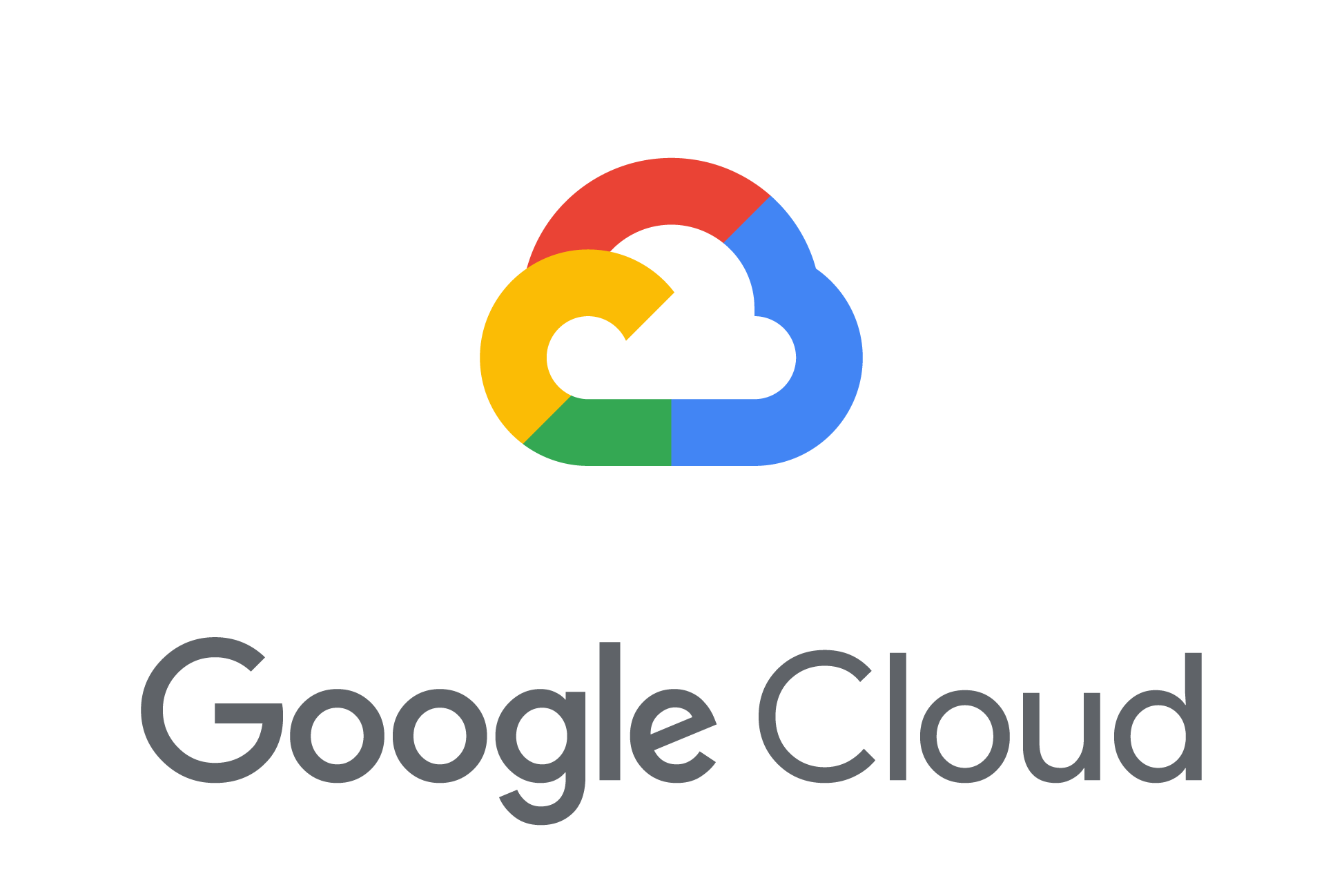It’s the advent of a new age in ‘parallel supercomputing’.
Meet Amy Apon, Professor and C. Tycho Howle Director of the School of Computing at Clemson University. At Clemson, Apon supervised a large-scale pilot to explore how HPC in the commercial cloud can be utilized in emergency situations to process large amounts of data efficiently and on demand. Ph.D. student Brandon Posey and the project team designed a proof-of-concept experiment to evaluate how the commercial cloud can be used to analyze huge traffic data sets to assess emergency evacuation plans.
Apon now works to help others engage in HPC and believes that “it’s the advent of a new age in parallel supercomputing. Now even a researcher at a small college or business can run a parallel application in the cloud. I am an evangelist for using computation to solve some of society’s hardest problems. It is amazing to do science with supercomputing in the cloud.”
“We want to leverage the instant scalability of the commercial cloud to run workloads that would normally require a massive supercomputer,” Apon says. “The ability to scale up is important, but scaling down makes it cost effective. We envision that this type of system can be utilized to aid in planning evacuation processes by allowing first responders or Departments of Transportation to observe and simulate traffic in real time during a major event.” Their project showed how HPC in the cloud can accelerate solutions to make data-intensive processing feasible without a data center.
Apon says,
“I want to solve problems. And I want to show how these resources can be accessible to people from all walks of life.”
As a Cloud Customer Engineer for Higher Education at Google, Vanessa July worked with the Clemson team to design their solution. In a typical day she collaborates with researchers and IT professionals to figure out what questions they want to ask and how best to answer them. “I love science,” she says. “I love sitting in front of researchers when they tell me what they’re looking for, what they’re trying to discover, what they’re doing. And I love thinking about all the ways that I can help make that happen.”
July studied chemistry and nanotechnology, but she feels fortunate in having sponsors who encouraged and invested in her transition into tech. Since working at Google Cloud, she has been drawn to Higher Education “because of its ability to span many verticals, and to impact and enable the next generation of professionals.” She sees the promise of HPC in surfacing new insights across academic research, healthcare, and classroom domains to affect real-life outcomes— from improving student performance to solving urgent social problems like global warming. July says that “we want to make sure that we encourage women to break into this field,” and, like Apon, she is optimistic about HPC’s future:
“Our researchers are developing right now things that every industry is going to use in five to ten years. Once they’ve discovered something, every industry will take what our researchers are producing and power an economy with those discoveries. That’s really exciting to me.”
As Director of Data Science at Rutgers University, Kristina Plazonic manages the increasing demand for computing resources on her campus. “We expected enrollment in our Data Science class to be 25 and got 60 students,” she says. “We didn’t have the resources to serve such bursty demand on premise. Our cluster was full.” Now, Rutgers can offer HPC resources to more classes—from Introduction to Statistics to Computational Genetics. Plazonic earned her Ph.D. in Mathematics but moved into Data Science so her work would have more impact on more people:
“There are lots of opportunities in data science. It can be so creative, looking at data and trying to find insights. It’s a wonderful profession, like being a detective.”
Priscilla Moraes, a Customer Engineering Specialist in Machine Learning for Google Cloud, tells a similar story. She says she chose a career in computer science because in college, “it was the only major that would allow me to investigate any subject. I’m so passionate about many things and I want to have a broad impact. Computer science gives you that ability to touch finance, healthcare, everything.” Born and educated in Brazil, Moraes knew no English when she first arrived in the United States, but she took courses, earned her Ph.D., and worked her way up to her position at Google, where she partners with academic customers. She explains,
“My core responsibility is to enable prospective customers and partners to leverage specialized Machine Learning hardware.”
By working with top researchers on a wide range of projects, she fulfills her early ambition to use a career in computer science for the greatest impact.
For those entering the field now, all four women have advice to offer. Plazonic says,
“Don’t think that just because you think you can’t do it, others will agree. They may have more faith in you than you know. If you look for opportunities, doors may open by knocking on them. Go through those doors.”
Apon advises
”Just be good at what you do”
For July, it’s most important to
“Ask for what you want, whether that’s co-authoring a paper, working on a particular project, or negotiating a salary.”
Moraes agrees, adding,
“Be fearless. Identify advocates. Build a strong network. We cannot do it alone. Reach out and choose mentors wisely. And do what you love. There are so many ways to make an impact that you need to find your passion. It’s been an amazing journey.”
Google Cloud is a proud sponsor of the WHPC@SC19 Networking and Careers Reception at the Supercomputing 2019 conference in Denver on Tuesday November 19th.
Experience HPC on Google Cloud
- Attend our events at SC19 November 16-22 in Denver.

